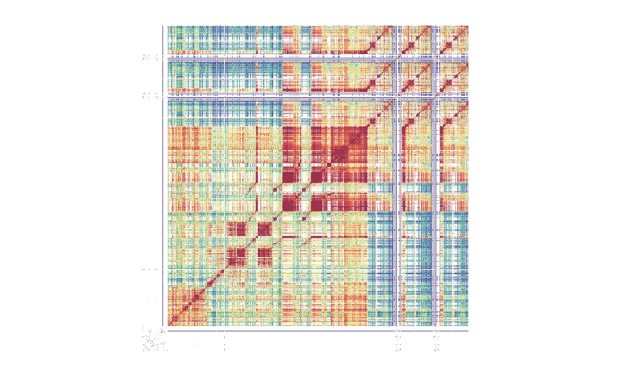Responsibility and purpose
- 23 March 2022
- 3 minutes
Gonville & Caius College Fellow Dr Michael Joseph is the University of Cambridge’s first Assistant Professor of Black British History.
Dr Joseph is aware of the professional responsibility to promote access and representation, given the disparities which continue to exist in British academia, and other areas of society.
“Black British History as a field is something that has existed outside of universities for a very long time. It’s thrived in the community, as it were,” Dr Joseph says.
“It’s only really in the last few years that it’s begun to be institutionalised through jobs like mine.
“It’s incredibly important to do that institutionalisation in a sustainable and responsible way, and I think part of that means being very attentive as someone with one of these jobs to questions of access and student experiences when people are here.
“I see it as part and parcel of my professional identity and responsibility: to be part of creating a pipeline of sorts to help other Black students or students of colour come through if they want to study History as undergraduates, do masters, PhDs, postdocs and enter into jobs.”
Dr Joseph, who completed his undergraduate, masters, DPhil and Junior Research Fellowship at the University of Oxford, helps to shape the content of courses in Black British History, which despite the title has an international reach.
“Black British History is obviously a history of Black people in the British Isles themselves, but it’s also conceived of as a transnational and Black diasporic field,” Dr Joseph adds.
“It includes the British Empire, in Africa or the Caribbean, for example. I’m working towards putting together courses which do bring in that diasporic element to them.”
Dr Joseph’s specific teaching and research interests focus on the Caribbean, an interest which stems from family connections to Trinidad.
“I run a masters paper called Modern Britain and the Caribbean, which is about all these connections, the idea being you can’t understand modern British history without thinking about the Caribbean,” he adds.
“Asking the question of how the history of modern Britain looks differently if it’s viewed from the Caribbean and through Caribbean writers and thinkers.”
Dr Joseph’s focus is the nineteenth and twentieth centuries. His current book project, an extension of his PhD research, is “a comparative study of anticolonial political thought” in five different Caribbean islands – Jamaica, Trinidad, Barbados, Martinique and Guadeloupe – from the 1880s to 1930s.
The British Caribbean islands moved towards national independence, and the French-speaking Caribbean islands became overseas departments, integrated into the French nation state, but why, Dr Joseph asks.
“I’m interested in why these very similar islands end up following very different paths. These years see so many important developments and events: the rise of mass politics, the emergence of organised labour, a world war, the Great Depression, and so on. I think it's a really formative period.” Dr Joseph says.
Dr Joseph is also interested in thinking theoretically about Black British History, particularly the nature of its relationship with Caribbean History. Transatlantic religious connections between post-Second World War Britain and the Caribbean are another area of future interest.
He is contributing to the pedigree of Historians at Caius.
“That was one of the big appeals for me in taking a Fellowship here,” he says, citing Professor Sujit Sivasundaram and Dr Bronwen Everill’s research areas as particularly complementary to his own.
“It’s a college which really invests in History. And people here are very committed to Caius History, supporting the students and giving them the best possible learning experience,” Dr Joseph adds.


